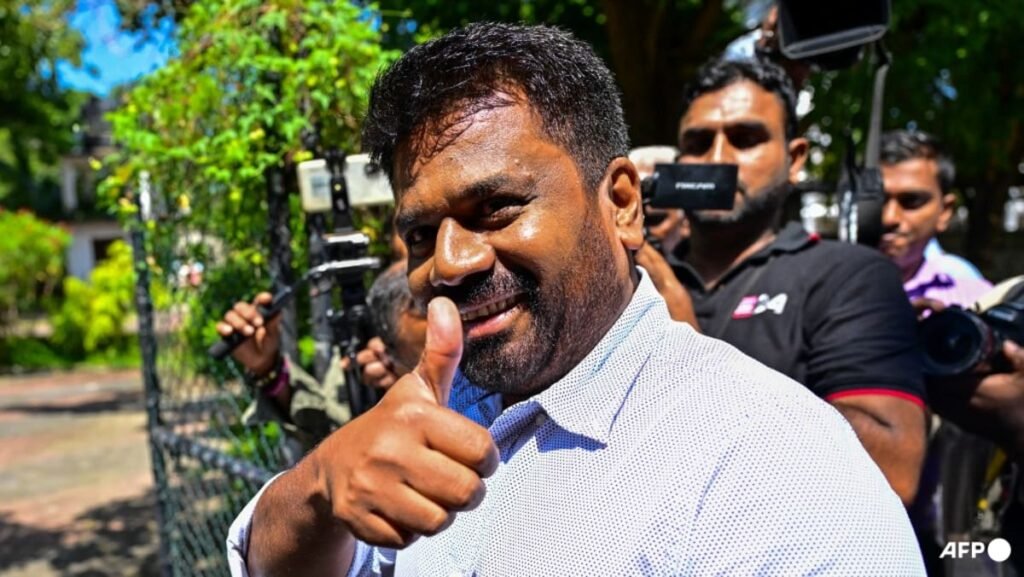Sri Lanka recently held an election, with economic issues at the forefront of the campaign. The country has been experiencing hardships since the peak of the crisis two years ago, and there is widespread public anger about the situation. The winning party, led by Dissanayaka, has stated that it will not tear up the IMF deal, but will seek to modify it. Dissanayaka’s party plans to reduce income taxes that were doubled by the previous government and to slash sales taxes on essential items like food and medicines. There is a provision in the IMF deal to renegotiate, and the party believes they can make these changes while still continuing with the four-year bailout programme.
Dissanayaka’s party, a once-marginal Marxist group, has seen a surge in support due to his promises to change the island’s “corrupt” political culture. Despite winning less than 4 per cent of the vote in the most recent parliamentary elections, the current crisis in Sri Lanka has provided an opportunity for Dissanayaka to rally support. He has emphasized the need for a new political culture in the country. Around 76 per cent of Sri Lanka’s eligible voters participated in the recent election, indicating the high level of interest and engagement in the political process.
One important aspect of Dissanayaka’s platform is his pledge to not get caught up in the geopolitical rivalry between India and China. New Delhi has expressed concerns about China’s growing influence in Sri Lanka, a strategically located country in the Indian Ocean. Dissanayaka’s party has reassured India that Sri Lankan territory will not be used against any other nation. They are aware of the geopolitical situation in the region but have stated that they will not participate in any actions that could create tensions between the two neighboring countries.
The IMF deal, while a binding document, does have provisions for renegotiation. Dissanayaka’s party believes that they can successfully negotiate changes to the deal while still adhering to the terms of the four-year bailout programme. The planned reductions in income taxes and sales taxes on essential items are key components of their proposed modifications to the agreement. The party is optimistic that they can make these changes without disrupting the overall economic recovery plan that the IMF deal aims to support.
Despite the challenging economic situation in Sri Lanka, there is hope that with the leadership of Dissanayaka and his party, the country can navigate through the crisis and work towards a more stable and prosperous future. By focusing on modifying the IMF deal to better suit the needs of the population, addressing issues of political corruption, and maintaining a neutral stance in geopolitical conflicts, the new administration aims to bring about positive change for the people of Sri Lanka. The high voter turnout in the recent election indicates strong public engagement and a desire for change, which Dissanayaka and his party will need to translate into concrete actions and policies to lead the country towards economic recovery and stability.

